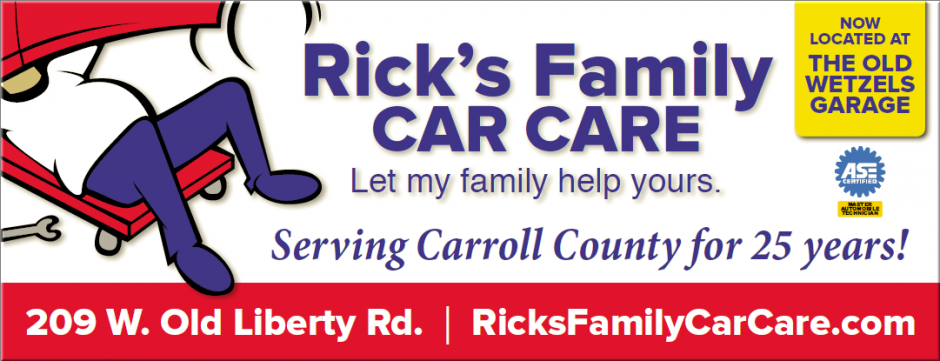Discover the benefits, support, and triumphs on your journey to seek joy and sobriety. By building a strong support how to taper off alcohol system, you can surround yourself with individuals who believe in your journey and provide the encouragement you need to stay on track. By acknowledging the need for change, individuals can start to take control of their relationship with alcohol and work towards a brighter future.
Alcohol Recovery Steps: A Proven Approach to Overcoming Addiction
There are a variety of resources to explore, including 12-step programs such as Alcoholics Anonymous (AA) or SMART Recovery, Lee explained. Taking days off within the week is a common strategy to encourage drinking less overall. “Many people still want to enjoy socializing but are mindful of wanting to average one to two drinks per day. They often try what is alcoholism to not drink at all during the week, and allow for moderate drinking Friday through Sunday,” Dr Lee said.
There is hope that even after years of heavy alcohol use, the liver has the ability to regenerate or regrow. During recovery, the liver may return to its original mass and function. A 2019 survey found 7.4% of adult (ages 18 and over) Oregonians reported having alcohol use disorder in the past year. This is a significant difference from the overall United States average of 5.7% of U.S. adults that reported having alcohol use disorder in the past year.
Does Alcohol Show Up on a Drug Test?
It can be tempting to just “rip off the Band-Aid” when getting sober, but tapering off alcohol is often much safer—and much less stressful. Rather than quitting drinking abruptly (or “cold turkey”), many professionals recommend gradually reducing your drinking (or tapering) over time. This can give your body the chance to adjust, helping you avoid the worst of withdrawal symptoms. You may experience alcohol withdrawal symptoms when you quit drinking alcohol. This can happen whether you’re quitting alcohol cold turkey or tapering.

Increase Time Between Drinks
Although most people recover fully from alcohol withdrawal, it is essential to be aware of the potential risks and complications that may arise. Individuals who continue heavy drinking are at a higher risk of developing health issues such as liver, heart, and nervous system diseases. If you have tried tapering off alcohol without success, consider a medically supervised alcohol detox program. Gallus Detox Centers can help you overcome alcohol use once and for all. To learn more about our private alcohol detox centers, get in touch with us today. Once you have completely tapered off alcohol, it is a good idea to avoid alcohol use for a period of 30 days, which will allow your body time to adjust to being alcohol-free.
Because alcohol withdrawal symptoms can sometimes be unpredictable and may escalate quickly, having an on-site medical team that can quickly intervene is the safest way to quit heavy drinking. It is indeed safe to taper off alcohol at home, but your doctor must greenlight it before you go ahead. Besides, you must always be in contact with your doctor as you are tapering off alcohol at home. Basically, tapering off alcohol is generally recommended for those who are doing it for the first time and are likely to only struggle with mild withdrawal symptoms.
Life Beyond Addiction

When it comes to tapering off alcohol safely, seeking support and professional guidance can play a crucial role in your journey towards sobriety. Building a support system and consulting with medical professionals and therapists can provide the necessary guidance, encouragement, and accountability to help you achieve your goals. By gradually reducing alcohol intake, the body has time to adjust to the decreasing levels of alcohol. This can help alleviate or even prevent some of the common withdrawal symptoms, such as tremors, anxiety, insomnia, nausea, and headaches.
Call Design for Recovery to Begin Your Healing Journey!
While this process isn’t enjoyable, there are so many benefits in the new sober life that you’re creating for yourself. Attempting to stop drinking “cold turkey” is not only dangerous, but could also cause serious implications or be fatal. You’ll meet millions of fellow Reframers in our 24/7 Forum chat and daily Zoom check-in meetings. Receive encouragement from people worldwide who know exactly what you’re going through! You’ll also have the opportunity to connect with our licensed Reframe coaches for more personalized guidance.
- Choosing the right rehab center, with personalized care and qualified staff, is crucial for a successful treatment journey.
- Our daily research-backed readings teach you the neuroscience of alcohol, and our in-app Toolkit provides the resources and activities you need to navigate each challenge.
- If you plan to taper your drinking in order to stop, make sure you limit your intake consistently, avoid fluctuations, and adhere to a weekly reduction schedule with a set date to stop.
Evidence Based
Both methods allow the body to adjust gradually and reduce overall alcohol intake. These strategies should be implemented according to an individual’s specific needs and drinking habits, under the guidance of a healthcare professional or addiction specialist. The process of tapering off alcohol involves gradually reducing alcohol consumption over time. This helps to minimize withdrawal symptoms and make the process more manageable, particularly for individuals who have been consuming alcohol regularly and in higher quantities 3. If you experience severe withdrawal symptoms or have been a heavy drinker, it’s crucial to consult a healthcare professional before making drastic reductions in your alcohol consumption. They can provide guidance on a safe reduction strategy or recommend alcohol detox programs.
Despite the potential effectiveness of tapering off alcohol, the complexities involved in this process make it crucial to seek professional guidance. This approach not only ensures safety but also promotes a more successful outcome. When it comes to reducing alcohol intake, implementing effective strategies can play a crucial role in the journey towards sobriety. The goal is to ensure a smooth transition that minimizes withdrawal symptoms, keeping health and well-being at the forefront. However, it may spread out the withdrawal symptoms over a longer period of time. Continuous monitoring is a vital part of a successful tapering plan.
What Is Alcohol Tapering?
A direct taper means you continue to drink your regular drinks but slowly decrease the amount over time. Direct tapers are better if you prefer drinks that contain a low percentage of alcohol. Tapering can be an excellent way to prevent harmful withdrawal effects after ceasing alcohol intake. If you have a severe level of addiction or dependency, you may need a detox program.
